School choice has become a heated topic in state houses nationwide, with six states enacting universal school choice programs this year, which allow public funds to follow students to private schools. Critics say it draws funding away from traditional public schools.
School choice debates aren’t likely to go away during the election season, with the topic coming up at the Republican debate last week and the surge of legislation to implementation. Experts told Chalkboard the issue is here to stay and will play a role in the 2024 election.
According to The Center Square Voters’ Voice Poll, conducted by Noble Predictive Insights, a slight majority, 51%, of voters say they support some kind of school choice measures. Of those, 34% of voters say tax dollars should follow students regardless of the situation, and 17% said they support targeted school choice programs for low-income Americans.
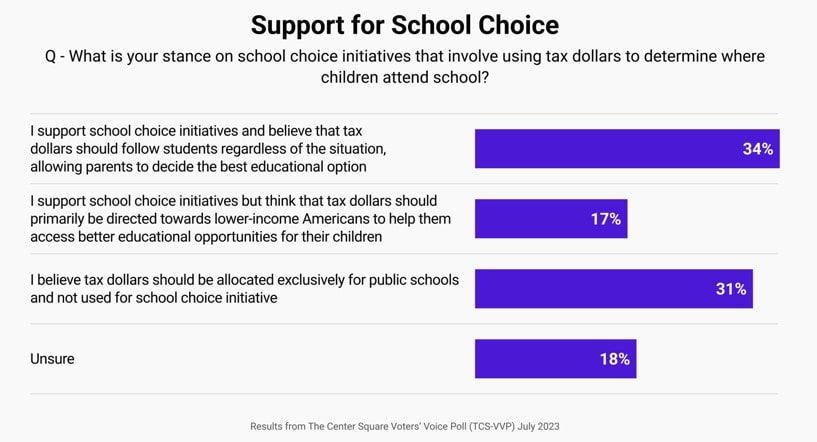
“When you look at the party breakdowns, you see a split,” said Mike Noble, CEO and founder of Noble Predictive Polling. “Democrats say the dollars should stay in the schools right now. Republicans are on the opposite end of that spectrum and say tax dollars should follow a student regardless of the situation and let the parents decide what’s best.”
The poll of 2,500 voters found that some strongly oppose school choice measures, with 31% responding that they think taxpayer dollars should only go toward public schools and not be used for school choice initiatives. About a fifth of voters, 18%, were unsure of their stance on school choice.
The poll asked 1,000 Republicans, 1,000 Democrats, and 500 independent voters about their views on schools and found that support for universal school choice was highest among Republicans at 50%, followed by independents at 35%. Democrats reported the least support, with only 18% saying they supported universal choice initiatives.
A fifth, 22%, of Democrats, said they “support school choice initiatives but think that tax dollars should primarily be directed towards lower-income Americans to help them access better educational opportunities for their children,” more than Republicans (12%) or independents (16%).
“Again, we’re seeing that this is a wedge-issue topic on education,” Noble said. “Democrats usually do much better than Republicans on education, but I think Republicans have dialed in a pretty good message and approach.”
Noble said the framing makes it an easy sell for parents.
“Who doesn’t want to have a choice?” Noble said.
Robert Enlow, president, and CEO of nonprofit EdChoice, says the idea of choice is here to stay across all political parties, but the debates about what that looks like will continue into next year’s election.
“What choice looks like is going to be an evolution in the next 24 months,” Enlow said.
Enlow said that parents want more customization of public schools while questioning what the money is being used for.
“The era of one-size-fits-all education is dead,” Enlow said.
“The support for choice has increased over the last 20 years to the point where it is undeniable,” Enlow said. “COVID supercharged the demand for customization.”
Enlow compared the evolution of school choice support to a perpetual motion machine, where advocates once were educating and pushing and driving the conversation about school choice, but it’s on its own trajectory now.
“Parents have been added to this mix, they are driving the conversation now,” Enlow said.
Those with children under the age of 18 and those with older children are more likely to support universal school choice initiatives than those without children, according to the poll.
Brendan Clarey | Chalkboard News
Go to Source
Reposted with permission
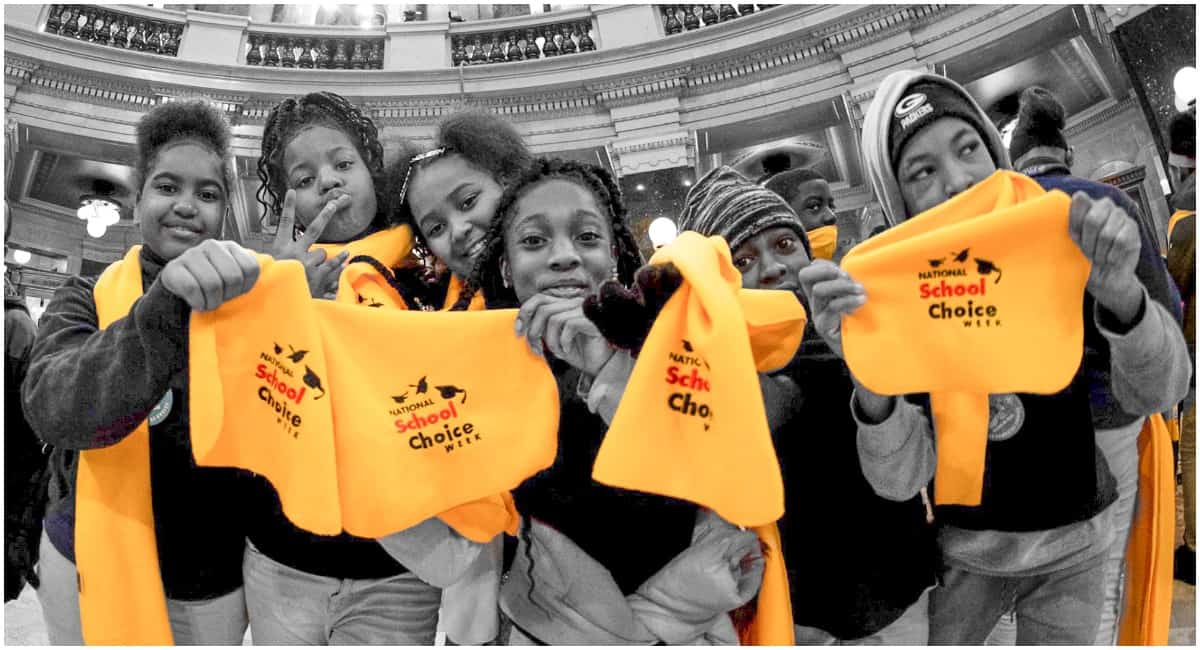

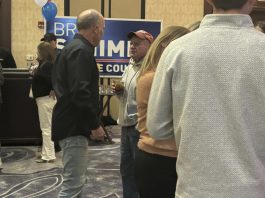




![WATCH: Elon Musk Town Hall Rally in Green Bay [FULL Video]](https://www.wisconsinrightnow.com/wp-content/uploads/2022/04/Elon_Musk_3018710552-265x198.jpg)
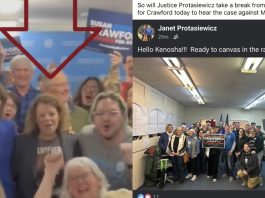
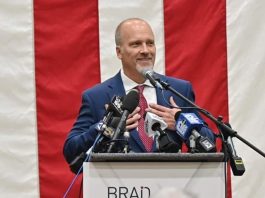

![The Great American Company [Up Against the Wall]](https://www.wisconsinrightnow.com/wp-content/uploads/2025/03/MixCollage-29-Mar-2025-09-08-PM-4504-265x198.jpg)
![The Wisconsin DOJ’s ‘Unlawful’ Lawman [WRN Voices] josh kaul](https://www.wisconsinrightnow.com/wp-content/uploads/2025/03/MixCollage-29-Mar-2025-08-48-PM-2468-265x198.jpg)